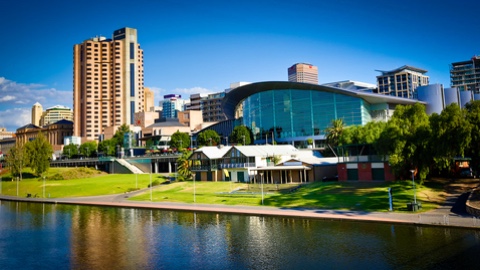
Cisco has partnered with the South Australian government and the City of Adelaide for a trial of traffic sensors with the aim of easing congestion and the future ability to communicate with autonomous vehicles. The sensors can gather a range of information about traffic approaching intersections, including the location and speed of vehicles as well as data about pedestrians.
The pilot project runs between January 29 and February 3 of this year and uses Cisco’s Kinetic for Cities platform. Cisco is also working with QuantumIT, SQLstream, Quanergy, Astrata, Data#3, and Bartco Visual Information Systems on the trial.
Jahangir Mohammed, VP/GM of IoT at Cisco, explains: “Cisco Kinetic is a cloud-based platform that helps customers extract, compute, and move data from connected things to IoT applications to deliver better outcomes and services. Cisco Kinetic gets the right data to the right applications at the right time – across edge, private cloud, public cloud, and hybrid environments – while executing policies to enforce data ownership, privacy, security and even data sovereignty laws. These are all critical requirements for any smart city and community deployment.”
“These sensors will gather intersection-approach traffic information, such as location and speed of vehicles as well as pedestrians. With this information, tailored algorithms to recommend traffic light intervals can be recommended to improve traffic and pedestrian-crossing flow,” Cisco explained. “The second phase involves an assessment of whether the same infrastructure can be applied to quickly and accurately determine the location and movements of autonomous vehicles, which is critical to being able to manage, direct, and control autonomous vehicles.”
South Australian Science and Information Economy Minister Kyam Maher welcomed the project, saying Cisco’s decision to develop and trial its smart city tech in Adelaide is, “a vote of confidence in our growing innovation ecosystem”, and shows the city is a global leader in technology adoption.


